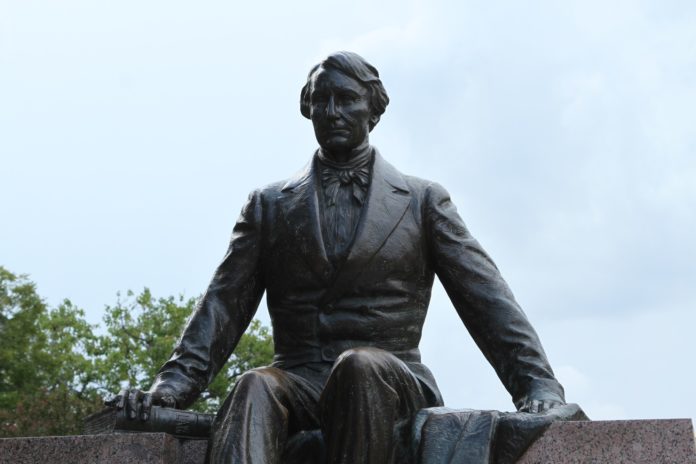Kalyn Story | News Editor
Baylor filed a petition Tuesday to the Fifth Court of Appeals to block U.S. District Court Judge Robert Pitman’s order that Baylor disclose certain confidential medical and counseling records information under limited conditions.
Unless the petition is granted, Baylor will release 6,200 FERPA notices to students informing them that their records will be submitted in the Title IX lawsuit.
The Court signed a Confidentiality and Protective Order requiring Baylor to notify current and former students their records have been requested, and students have the option to consent or object via email. If students object to their records being disclosed, the court would review the records and decide if they should be produced or not.
“You may, if you wish, hire an attorney, but you do not need to do so in order to register an objection via either of the mechanisms described above,” the notice states.
Records disclosed would be available to attorneys with the names redacted.
In a statement released last night, a university spokesperson stated that it is the school’s intentions to protect the privacy of its students and they will continue to fight for the privacy of students who are not involved with this case.
“Baylor University continues to maintain our position of keeping discovery in this case focused on the claims of the plaintiffs who have sued and preventing the disclosure of non-party student records, such as confidential medical and counseling records,” the statement said. “We will remain steadfast in protecting the privacy of thousands of our students who are not involved and who may have no knowledge of this legal matter. Baylor’s intent with this filing is to expedite discovery in an attempt to advance the litigation process on behalf of the plaintiffs and the university. The court of appeals has authority to decide whether the records are protected from discovery.”
The plaintiffs “Issues of Concern” include all matters within “Conduct code violation,” “Prohibited Conduct under Title IX Policy,” “Sexual Violence” and “Sexual Harassment” as well as the Pepper Hamilton investigation, the Counselor investigation and the BoR Findings of Fact.
The records being requested include any student records in the past 14 years related to “sex” or “sexual conduct generally.”
Baylor’s filing points out that they could be required to include a student complaint from 10 years ago to a dorm employee about a roommate’s sexual activity, or a student’s disclosure of childhood sexual abuse to a professor.
President Linda Livingstone addressed the court case and the filing at a panel discussing Baylor’s progress Thursday evening. She said this case, which she referred to as the Jane Doe 1-10 case, is raising some interesting legal questions that could impact universities across the country.
“One of the really important questions is the request from the attorneys to get information and data from health records and Title IX records of students who are not a party to the case,” Livingstone said. “We feel very strongly that the privacy of our other students who are not part of the case needs to be protected and we are doing everything we can to try to do that.”
The lawyer representing the 10 plaintiffs, Jim Dunnam, said the release of these documents will help show the true statistics on sexual assault at Baylor and is vital to understanding the magnitude of the problem.
“We are not seeking student identity information other than on the assailants of our clients. The Judge has already ruled that no counseling or medical records will be released,” Dunnam said. “Baylor simply needs to compile some specific data from those records and in a way that protects student privacy, but that discloses the true statistics on the extent of the sexual assault at Baylor. Baylor apparently does not want this information known.”
Baylor’s filing claims that if these documents are released current and future Baylor students will know that they have no true expectation of confidentiality in any report of sexual assault made to counseling staff.
“The harm threatened by this order cannot be undone. Baylor was entitled to an order protecting thousands of non-party students and former students from the guaranteed annoyance — and potential for great embarrassment and harm — from being confronted with FERPA notices as to these records for which Plaintiffs have no genuine need,” the document states.
Baylor said in the filing that if the court does not consider the filing, or if it rules against the university, that just by asking students to allow the release of their records could cause harm to the students and could even traumatize the recipient.






